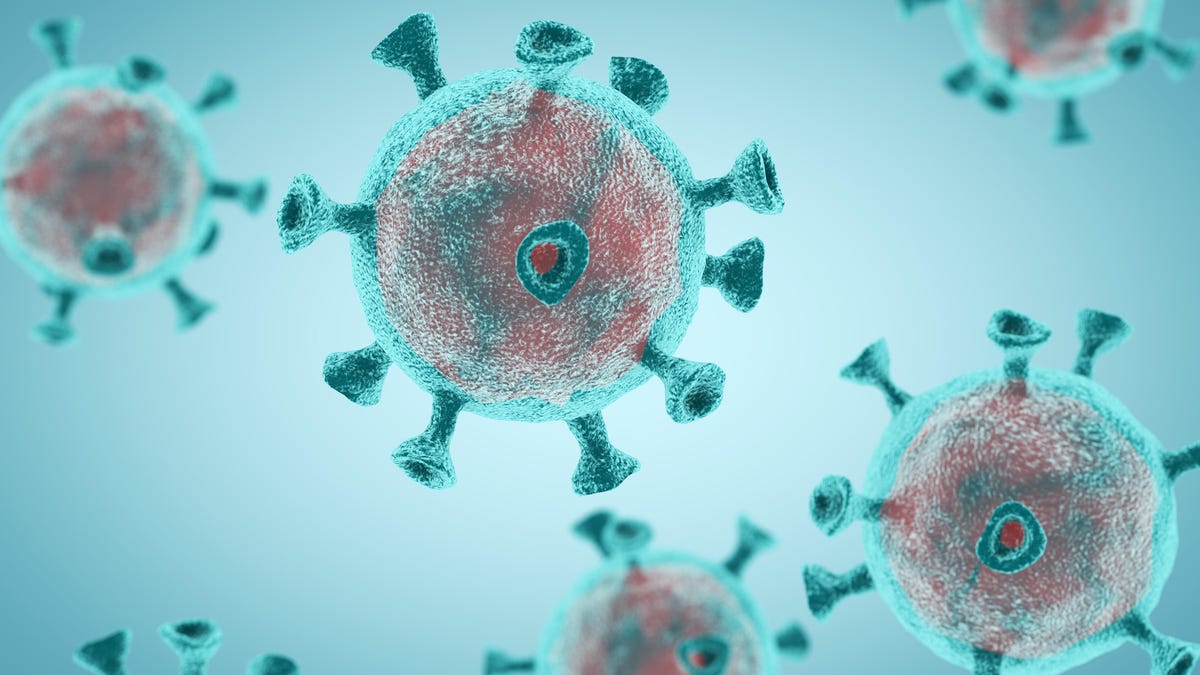Delta is now the dominant coronavirus variant in the US
Delta now accounts for more than 51% of COVID-19 cases, according to the CDC. The variant is more transmissible and may lead to more severe disease.

Cases of COVID-19 caused by the delta coronavirus variant now make up more than 51% of all cases in the US, according to a data estimate from the Centers for Disease Control and Prevention, making delta the most common strain in the country.
Also called the B.1.617.2 variant, delta was originally detected in India. Experts worry about delta because it's about 60% more transmissible than the previously dominant Alpha variant (which was already more contagious than the original coronavirus). The variant might also lead to more severe COVID-19 disease. A study in Scotland found that delta doubled the risk of hospitalization when compared with the Alpha variant.
Recent research suggests, though, that all three COVID vaccines available in the US protect against severe disease and death when breakthrough infections from delta occur. Pfizer is working on a booster targeting the delta variant.
More than 99% of people who died of COVID-19 in June were unvaccinated, Anthony Fauci, chief medical advisor to US President Joe Biden, told NBC on Sunday. "If you look at the number of deaths, about 99.2 percent of them are unvaccinated. About 0.8 percent are vaccinated," Fauci said. "No vaccine is perfect. But when you talk about the avoidability of hospitalization and death ... it's really sad and tragic that most all of these are avoidable and preventable," Fauci said.
Because of how contagious delta is, COVID cases will likely continue to increase among those who don't have immunity to the coronavirus. According to Wednesday's data from the CDC, 58.4% of US adults are fully vaccinated, and 67.2% have received at least one dose. But the vaccination rate varies greatly state to state and community to community. Some states have hit the president's expired goal of getting 70% of US adults at least one shot by July 4, while other regions, like southwest Missouri, struggle with a surge in COVID-19 cases in areas with low vaccination rates.
According to a CNN report that looked at data from Johns Hopkins University, states with a below-average vaccination rate have almost triple the number of COVID cases compared with states that have an above-average vaccination rate.

